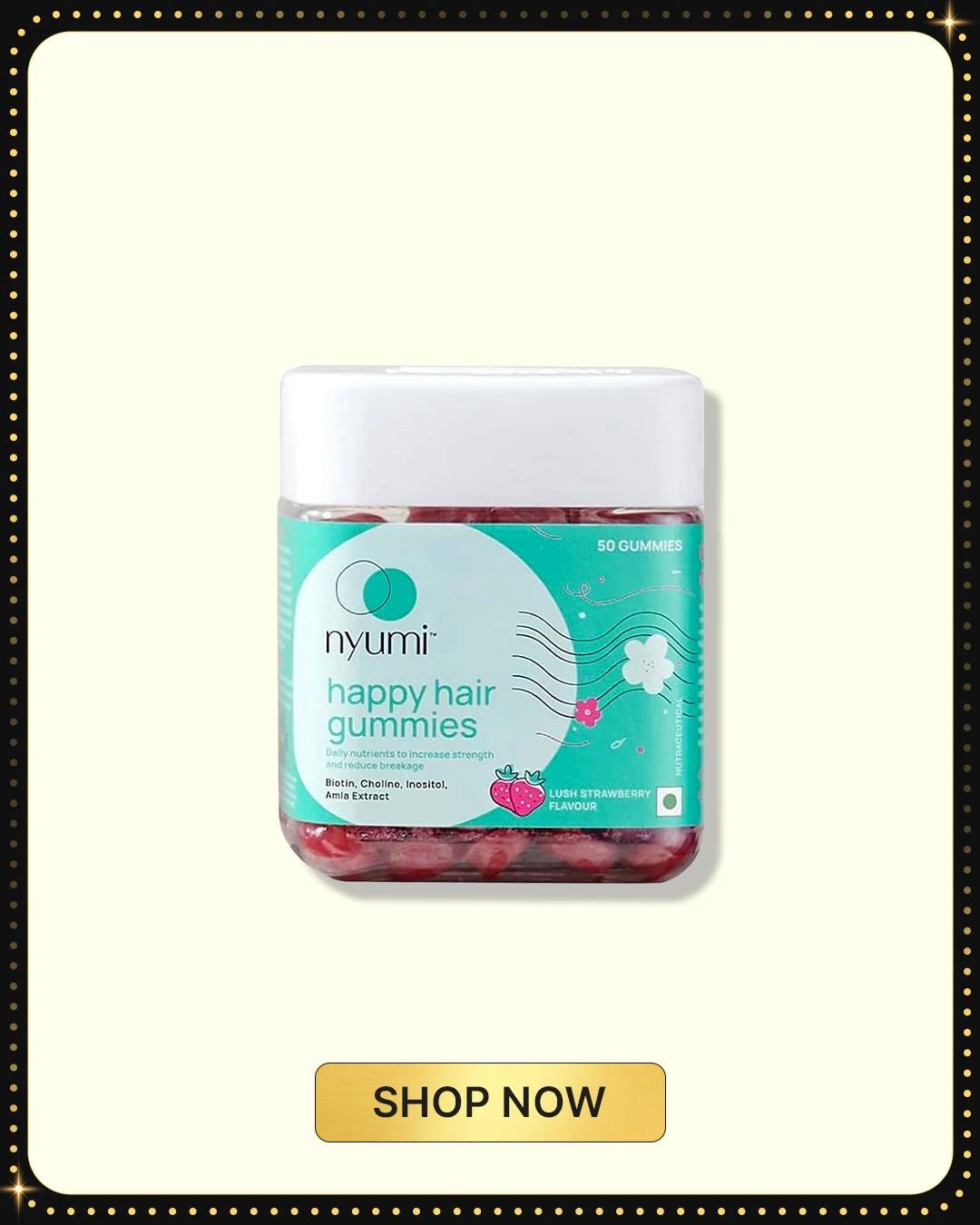Ever wondered which vitamin is good for hair growth? Real talk—your hair's not just about genetics or the latest trending hair masks. What you put *inside* your body matters just as much as what you slather on top. Think of vitamins as your hair's personal cheerleaders, working behind the scenes to keep those strands strong, thick, and growing at their best pace. Whether you're dealing with thinning hair, slow growth, or just want to give your mane some extra love, understanding hair growth vitamins can be your kind of game-changer. Let's break down everything you need to know about nourishing your hair from the inside out.
Understanding Hair Growth and Nutrition
Your hair goes through a natural cycle that's pretty fascinating when you think about it. Each strand spends about 2-6 years in the growth phase, followed by a brief transition period, then a resting phase before it eventually falls out to make room for new growth. This whole process depends heavily on proper nutrition—your hair follicles are some of the most active cells in your body, constantly dividing and creating new hair fibres.
The Role of Vitamins in Hair Growth
Vitamins act like the building blocks and support system for healthy hair. They help create the proteins that form your hair structure, support blood circulation to your scalp, and protect hair follicles from damage. Without adequate vitamins, your hair growth cycle can slow down or even stop.
Minerals and Their Impact on Hair
Essential minerals for hair work alongside vitamins to strengthen hair from root to tip. They help transport nutrients to hair follicles and play crucial roles in protein synthesis—basically, they're the behind-the-scenes workers making sure your hair gets everything it needs.
Essential Vitamins for Hair Growth: A Comprehensive Guide
When it comes to the best vitamins for hair health, certain nutrients stand out as absolute must-haves. These powerhouse vitamins work together to create the perfect environment for strong, healthy hair growth. Understanding which vitamins your hair craves most can help you make informed decisions about your haircare routine.
Biotin: The Hair Growth Superstar
Biotin for hair growth is probably the most talked-about vitamin in the hair world—and for good reason. This B-vitamin helps your body break down proteins and fats, which are essential for hair structure. Most people get enough biotin from their diet, but if you're deficient, you might notice thinning or brittle hair.
Vitamin B Complex: Beyond Biotin
The vitamin B complex for hair includes several B-vitamins that work as a team. B12 helps with red blood cell formation, carrying oxygen to hair follicles. B6 supports protein metabolism, while folate aids in cell division—all crucial for healthy hair growth.
Vitamin D: The Sunshine Vitamin for Your Hair
Vitamin D deficiency has been linked to hair loss conditions. This vitamin helps create new hair follicles and maintains the ones you already have. If you're not getting enough sun exposure, your hair might be feeling the effects too.
Vitamin E: Antioxidant Protection for Hair Follicles
Vitamin E protects your hair follicles from oxidative stress and improves blood circulation to your scalp. Think of it as a protective shield for your scalp nourishment vitamins to work their magic.
Key Minerals for Stronger, Thicker Hair


 120 Gummies
120 Gummies 60 Gummies
60 Gummies 125 gm
125 gm 125 gm
125 gm